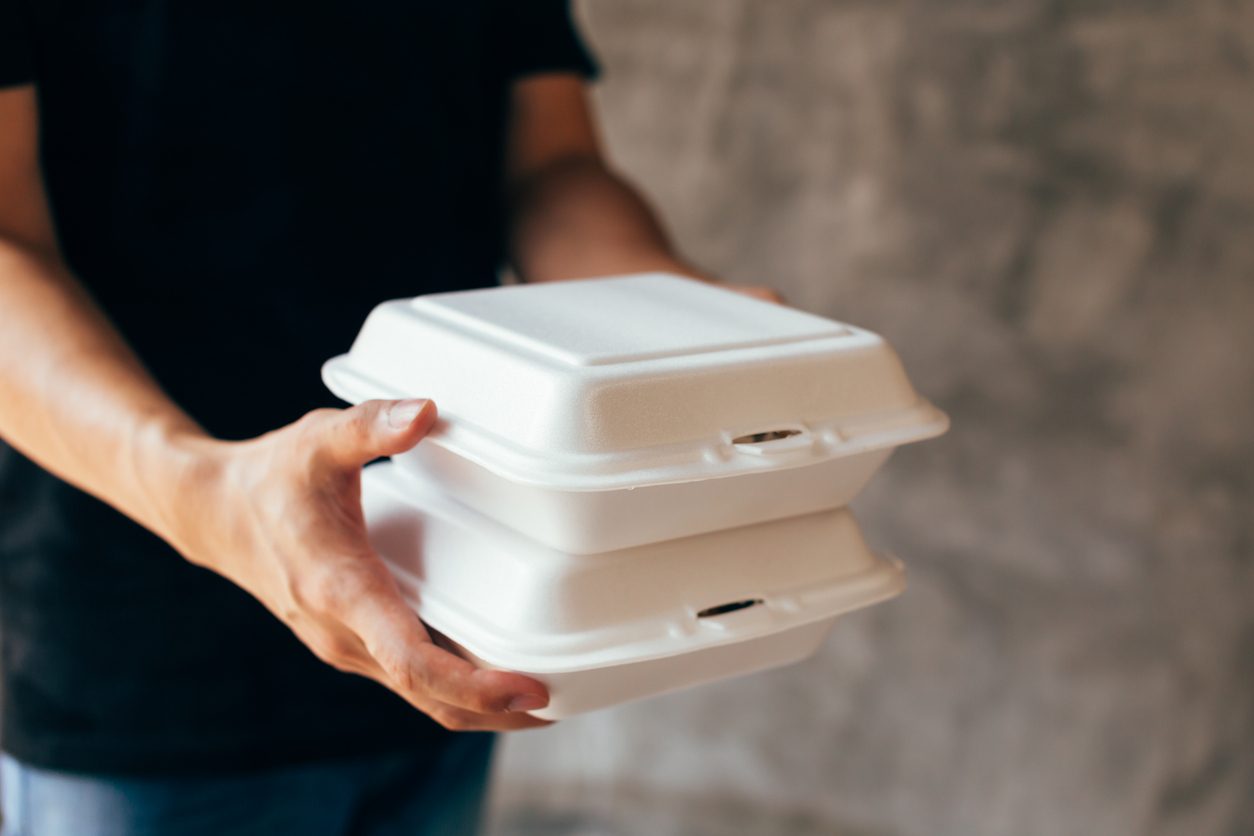Is Recycled Plastic Safe as A Food Container? Here’s What A Study Found Out!
Recycled plastic can be safe for food and beverage use, but it's not a one-size-fits-all solution. While some recycled plastics, like PET, are FDA-approved, concerns about contaminants and chemicals like BPA remain. The safety depends on the recycling process and the specific type of plastic.
;Resize,width=742;)
When it comes to environmental sustainability, recycled plastic seems like a win-win. But the big question remains: is it safe to use recycled plastic for food and beverages? Let’s dig into the details.
Is Recycled Plastic BPA-Free?
Bisphenol A, or BPA, is a chemical found in some plastics that has garnered a lot of attention—and not the good kind. While many new plastic products are proudly labeled "BPA-free," recycled plastics are more complicated. Some recycled plastics, especially those labeled with codes #7 and beyond, may still contain BPA or other potentially harmful chemicals. This is because the recycling process can mix plastics with different origins, potentially reintroducing BPA into the mix even if it was absent in the original materials. Thus, while some recycled plastics may be BPA-free, there's no universal guarantee.

Can Recycled Plastics Be Used in Food Containers?
Recycled plastics in food containers? It’s complicated. The FDA takes this issue seriously, requiring thorough evaluations of the recycling process to ensure the materials are safe for food contact. The key concern is contamination—because recycled plastics come from various sources, they may contain unwanted chemicals that could migrate into food. Although the FDA has approved certain types of recycled plastic for food use, it does so on a case-by-case basis, considering factors like the purity of the recycled material and the type of food it will come into contact with.
Is Recycled Plastic Safe to Drink From?
You might be relieved to know that some recycled plastics are deemed safe for drinking, but it’s not a blanket statement. PET plastic, often used in bottled water, is commonly recycled and approved by the FDA for reuse in food and beverage containers. However, just because the material is approved doesn’t mean all recycled plastics are equal. The effectiveness of the recycling process in eliminating contaminants varies, meaning not all recycled plastics are safe for every type of use. Moreover, over time, even the most resilient recycled plastic may degrade, potentially leading to issues like tiny leaks or contamination.

So, is recycled plastic safe for food and beverages? The answer is a cautious “it depends.” While the use of recycled plastic in food packaging can be safe if rigorously tested and approved, the potential for contamination is a significant concern. Not all recycled plastics are created equal, and factors like the presence of BPA, the quality of the recycling process, and the intended use of the container all play critical roles. If you’re environmentally conscious but also concerned about health, it might be best to stick with known BPA-free options and avoid plastics with uncertain origins. After all, when it comes to what you eat and drink, it’s better to be safe than sorry—or in this case, sorry about what’s in your smoothie!
;Resize,width=767;)

;Resize,width=712;)
;Resize,width=712;)
